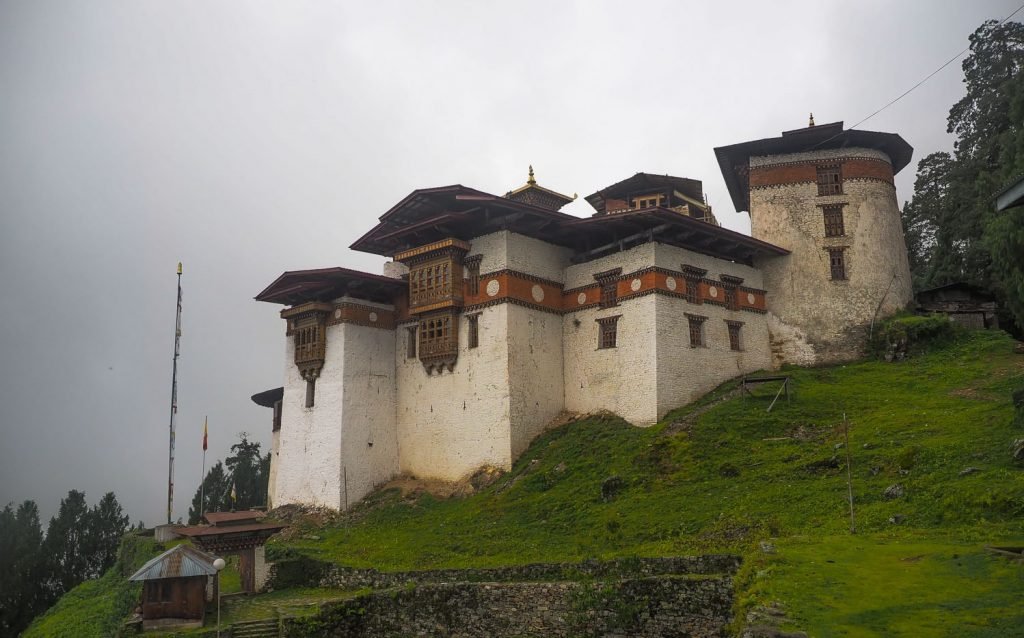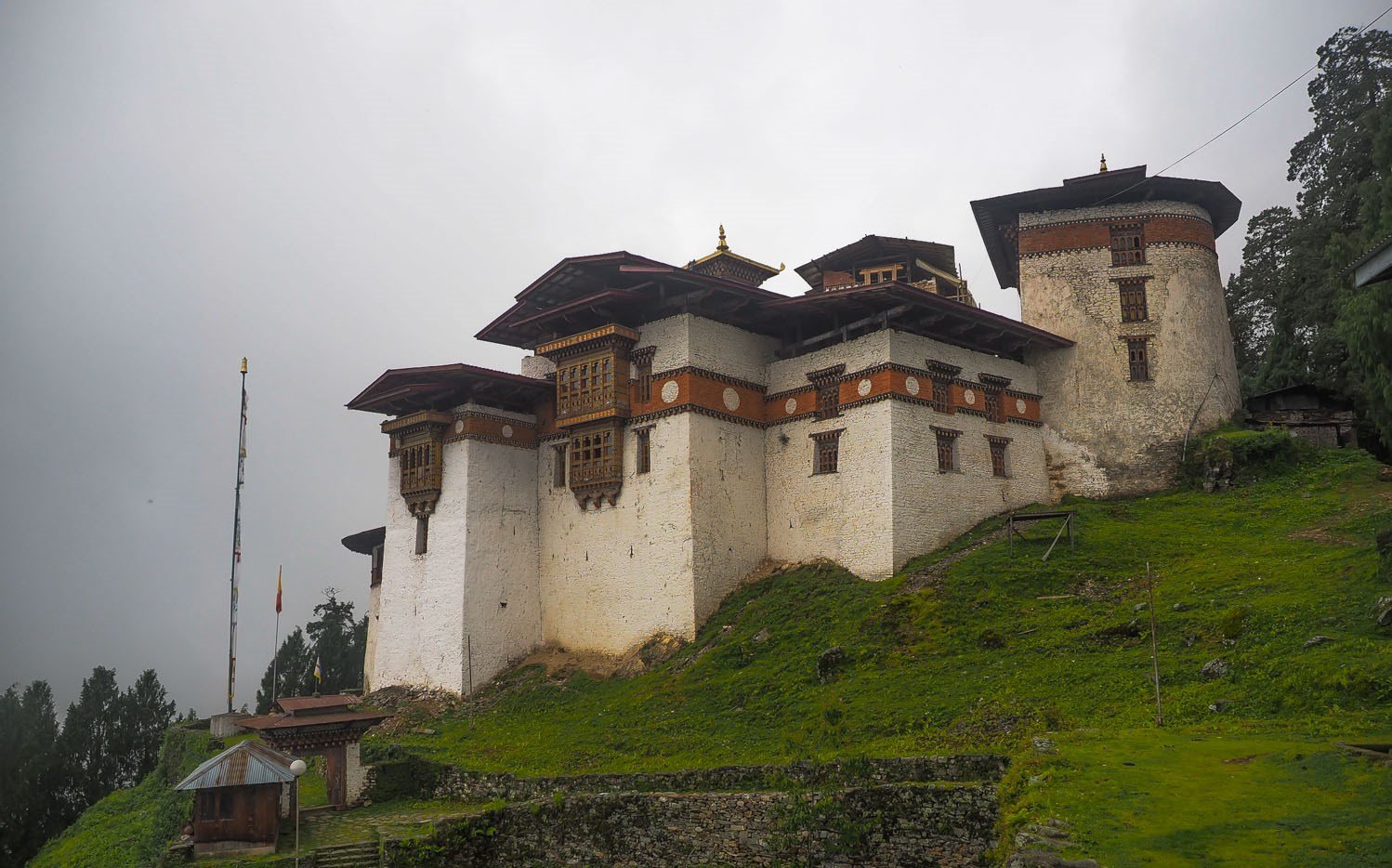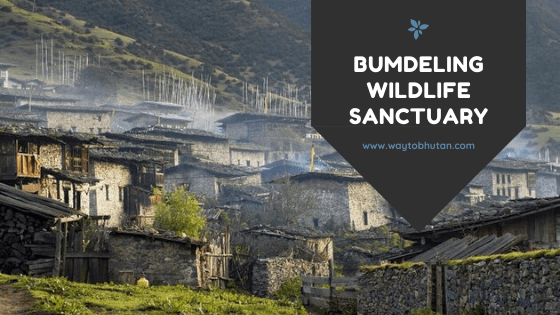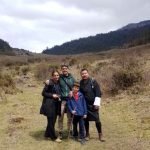Gasa is the most northern district in Bhutan. Gasa is a six hour ride from Thimphu, the capital of Bhutan, and three hours from Punakha. Landslides are very common on the route.
Gasa Hot Spring Tour is one of the most popular destinations for both local people and the tourists. The people of Bhutan believe that this hot spring cures people of their diseases like skin diseases, joint pains, urinary tract infection and ulcer.
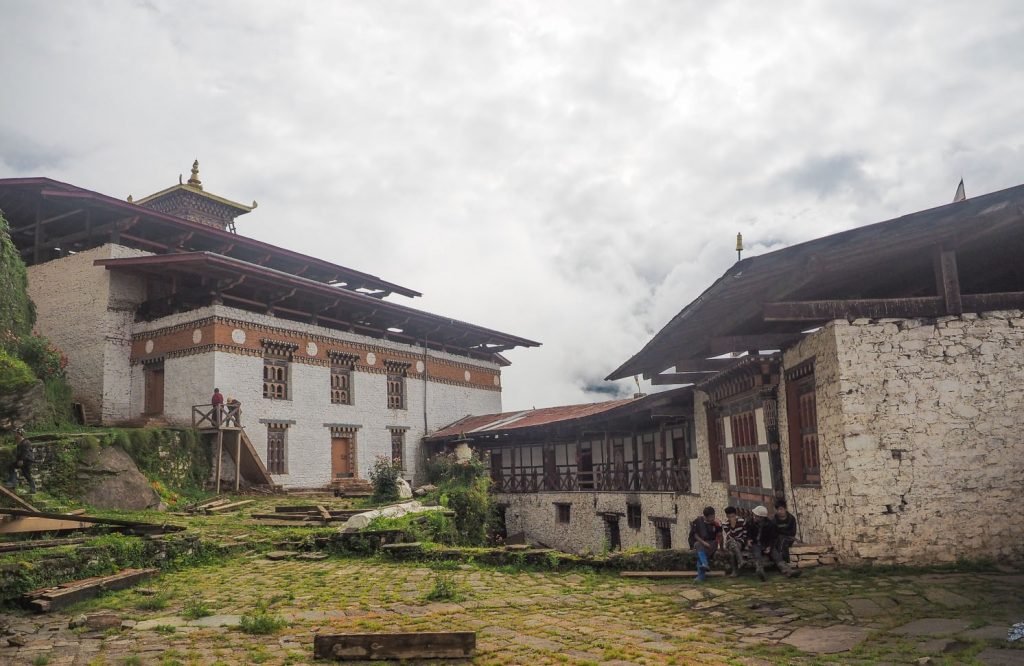
The hot springs at Gasa are situated close to the banks of the Mo Chhu River. This is one of the most popular springs in the country and are frequently visited not only with tourists but with local people as well.
Road Connectivity has made easier for visitors to get to the Gasa Hot Spring and also with guesthouses which can be booked in advance by contacting Tshachu Manager.
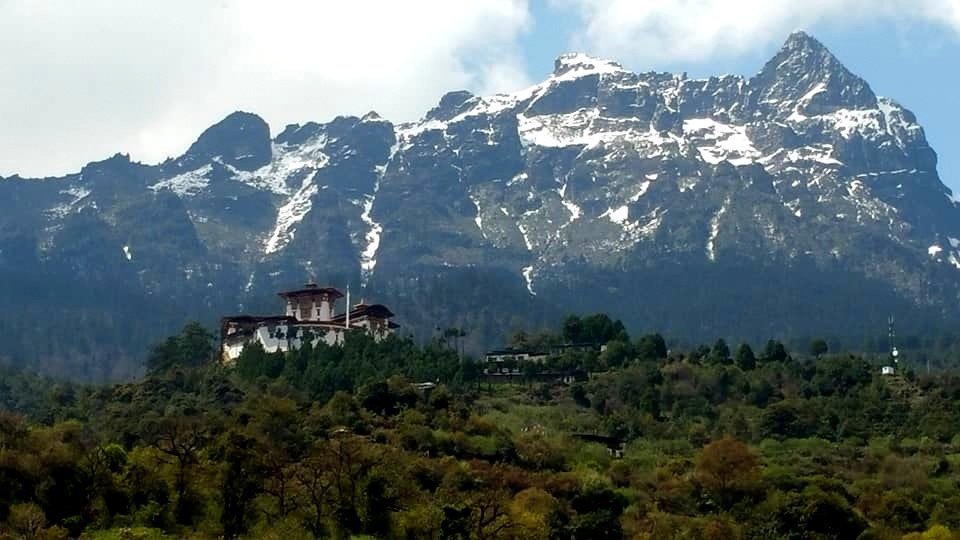
There are five bath houses at the Gasa Tshachu for general public and reserved one for Royals. Out of five general bath houses, one of the bath house is “pay and use” where visitors can book in advance. The water temperature varies in each of the pool with different medicinal value, so visitors can choose the one according to their choices. Bathing facilities have also been provided to ensure that the Hot Springs remain clean and hygienic. There is also an outdoor pool.

A comprehensive report guide on hot springs and mineral springs, by Ugyen Wangchuck Institute for Conservation and Environment (UWICE) confirms that Bhutan truly remains a safe seat of indigenous healing system.
According to a Researcher from UWICE, Tshering Dorji they have carried out the study to know about its medicinal benefits.
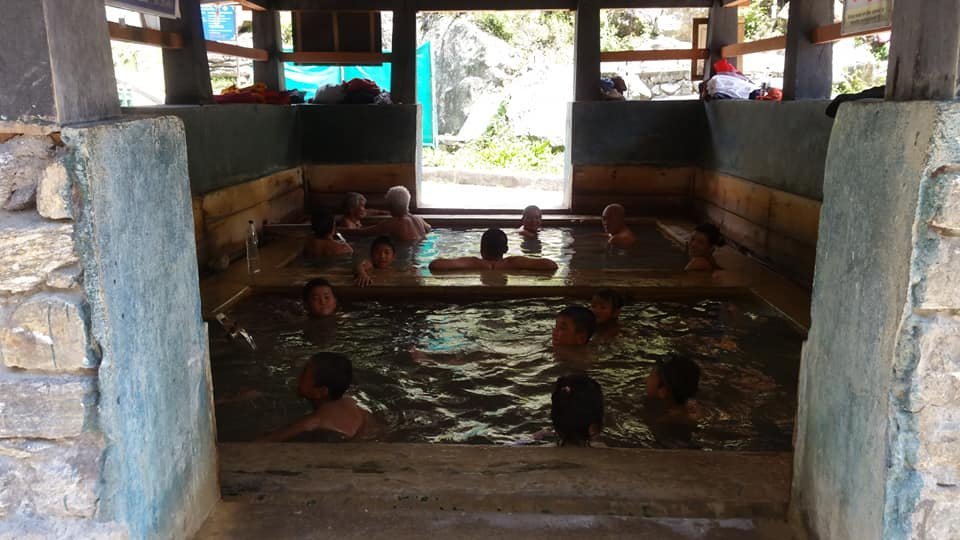
“Moreover, for instance, the benefits of the hot springs such as Koma hot spring, Chhuboog hot spring and Gelegphu hot spring are mentioned and recommended by the health ministry due its health benefits. We have mentioned all of these in our book,” he said.
“We have recorded about 10 hot springs and 26 mineral springs. And we are still in the process of our study to find more about the minerals and the medicinal values.”
The report also mentions that it has the potential to cure certain diseases.
“I have been visiting the hot spring since 2015 as I have pain in my leg. I felt much better after my visit last year. So I came this year too,” said another visitor at the Gelegphu Hot Spring, Duba.
Of the many, Gasa, Gelegphu and Chhuboog hot springs are most common among locals.
Similarly, there are many mineral springs known for their therapeutic values like Dobji menchu in Paro which is known for curing cancer.

The origin of hot springs and mineral springs in Bhutan dates back to 746 AD during the visit of Guru Rinpoche and advent of Mahayana Buddhism to Bhutan. It is therefore considered blessed and sacred.
